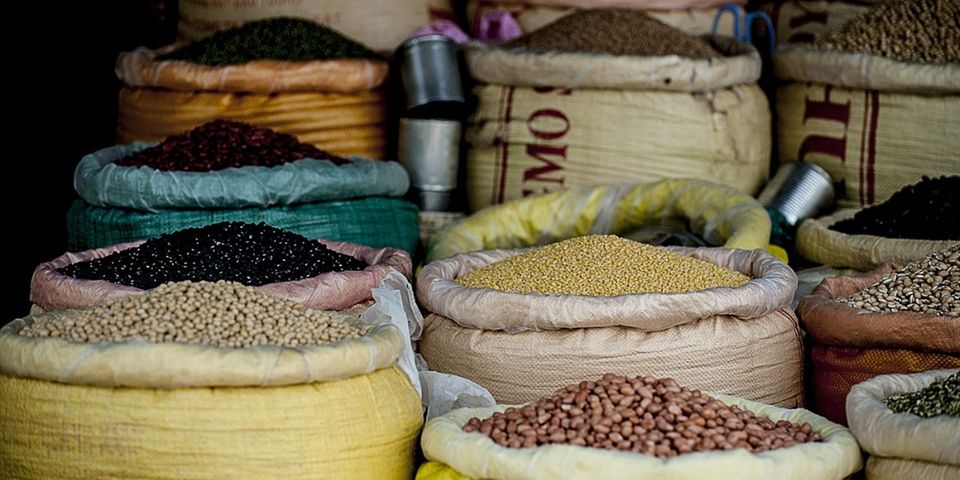A regional business leader has revealed why food production in the East African region has remained low despite the huge potential.
African Business Council (EABC) board member Businge Wilson Rwabwogo attributes the drawback to poor supply of key farm inputs.
Hindrances facing food production in the region, he explained, include limited access to improved seed varieties and the high costs of the same.
There was also a low adoption of improved seeds among the smallholder farmers in the East African Community (EAC) region, he pointed out.
Mr Rwabwogo revealed this in Kampala late last week during a capacity building workshop for key agri-actors on export procedures and contract farming.
It was organised by the EABC and aimed to equip participants with the knowledge necessary to mitigate the impact of global crises on food security in the region.
The workshop was also aimed to enhance the competitiveness of the agri-food industry and improve food security in the EAC region.
It was made possible through the generous support of German aid agency GIZ under the Business Scouts Fund in the implementation of the project with EABC, titled “Enhancing Competitiveness of Agri-food Industry and Mitigating the Impact of Global Crises to Improve Food Security in the EAC Region”.
In his address, Mr Rwabwogo emphasized the potential of the EAC’s agricultural sector, highlighting staple foods such as cereals, roots, tubers and legumes.
However, he acknowledged the setbacks faced by the sector. Besides those related to the seeds, other challenges related to climate change, soil fertility and pest attacks.
He added that despite concerted efforts to improve food security over the years, some EAC countries had low food security index scores prior to the Covid-19 pandemic.
He highlighted the studies conducted by GIZ under the Business Scouts Fund, which assessed the impact of global crises on food security in the EAC region and identified investment opportunities in selected agriculture value chains.
The board member of the regional business body called for investment in the agriculture sector, citing statistics that indicated an increase in total foreign direct investment (FDI) in the EAC.
Incidentally, according to him, most FDI directed to the region were channelled towards manufacturing, construction, and services rather than agriculture.
On his part, ABC executive director John Bosco Kalisa called for the formation of an East African food security alliance to address emerging food crises in the bloc.
He cited challenges that were posed by global crises, including the outbreak of Covid-19 pandemic in 2019/20, armed conflicts and climate change, all impacting food production.
The disruptions affected supply chains, transportation, and the availability of agricultural inputs, leading to food insecurity for millions of people in the EAC.
“These challenges can be addressed urgently through collective action and meaningful partnerships,” he emphasized.
GIZ official Lydia Koch said her country’s development cooperation agency was keen to support food security initiatives in the EAC.
This will be done through, among others, improving the farmer associations’ knowledge on contract farming and export procedures and facilitate knowledge sharing on best practices across East Africa.
Private Sector Foundation Uganda (PSFU) executive director Stephen Asimwe stated that increasing agricultural productivity is central to improving food security and achieving the EAC Vision 2050.
Workshops on the EAC Export Procedures and Contract Farming were crucial steps towards enhancing the competitiveness of the agri-food industry and mitigating the impact of global crises on food security in the region.
The workshops aimed to empower agri-actors with knowledge and expertise in these key areas, enabling them to contribute to building resilience in the region’s food systems.





